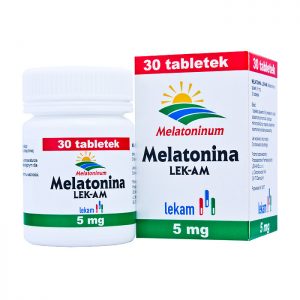Smell can help you learn


Last modified: 17-09-2021
It has long been known that sleeping after learning can help you remember what you’ve learned. However, not everyone knows that this effect can be enhanced thanks to the smells perceived by the brain during learning and then sleeping.
Participants in a study by Björn Rasch and his colleagues were asked to memorize the position of pairs of cards on the board. This task has also been used in previous studies and it is known that sleep helps to achieve good results in such tasks. German researchers wanted to see if this effect could be enhanced by the use of fragrances.
To this end, they presented the participants with the scent of roses during the evening lessons. Subsequently, half of the participants in the study was presented the same odor while they were asleep in the first two cycles of slow wave (deep sleep) sleep. The smell did not disturb their sleep in any way, moreover, they did not consciously smell the scent (they did not know the next day whether they were presented with the smell or were in the control group). However, the smell did affect their memory – people who smelled the scent of roses did better on the test the next day.
How do smells affect remembering?
What helped in remembering the acquired information was not the smell itself, but the association of the stimulus – the smell with the knowledge that was subject to learning process. During learning, the position of the cards was associated with a smell, and then, during sleep, the smell “reminded” the brain of the information acquired, thus enhancing memory consolidation. Therefore, it can be expected that other fragrances will also give favorable results.
When will the smell help you learn and when not?
As mentioned above, fragrances can only help you remember when applied while studying and sleeping. They will not affect learning if the brain only feels them while studying or only while sleeping. However, the sleep phase is also important.
Consolidation of memory in the hippocampus occurs in the deep sleep phase, therefore smell exposure should take place in this phase. Rasch and colleagues also conducted a study where they presented the smell during REM sleep (the rapid eye movement phase during which we dream), but as expected, odor exposure in this phase did not improve the test results.
Smell will also not help with tasks that involve procedural memory (memory of actions, movements, etc.). In one study by the same researchers, the participants were asked to learn a certain sequence on the keyboard. As shown by previous studies, such a task is also performed better if sleep follows learning, but it does not involve the hippocampus, which is responsible for declarative memory (memory of events, information, etc.). For this reason, exposure to the smell did not improve the results of the participants in this study.
In practice, the use of fragrances in learning can be difficult due to the need to apply them in the appropriate sleep phase. Exposure to the scent all night long may not be beneficial, as the brain will likely get used to the stimulus quickly and stop responding to it. In the described studies, the smell was presented for 30 seconds, followed by a 30-second break, and I did not find a publication describing the research in which the exposure to the smell would be longer. Knowing that deep sleep predominates in the first half of the night may be of some help, while REM sleep predominates in the second half of the night. The REM phase can also be recognized by the eye movements. If you don’t live alone, you may want to ask your roommate or family member to put a scent under your nose at night when you are likely to be in deep sleep. Perhaps thanks to this you will get better results on the exam the next day :)
References
Rasch, B. i in. (2007). Odor Cues During Slow-Wave Sleep Prompt Declarative Memory Consolidation. Science, 315, 1426-1429. (pdf na researchgate.net)
Source of picture: Nagarajan Natarajan [CC BY-SA 4.0], Wikimedia Commons
Author: Maja Kochanowska






Add comment